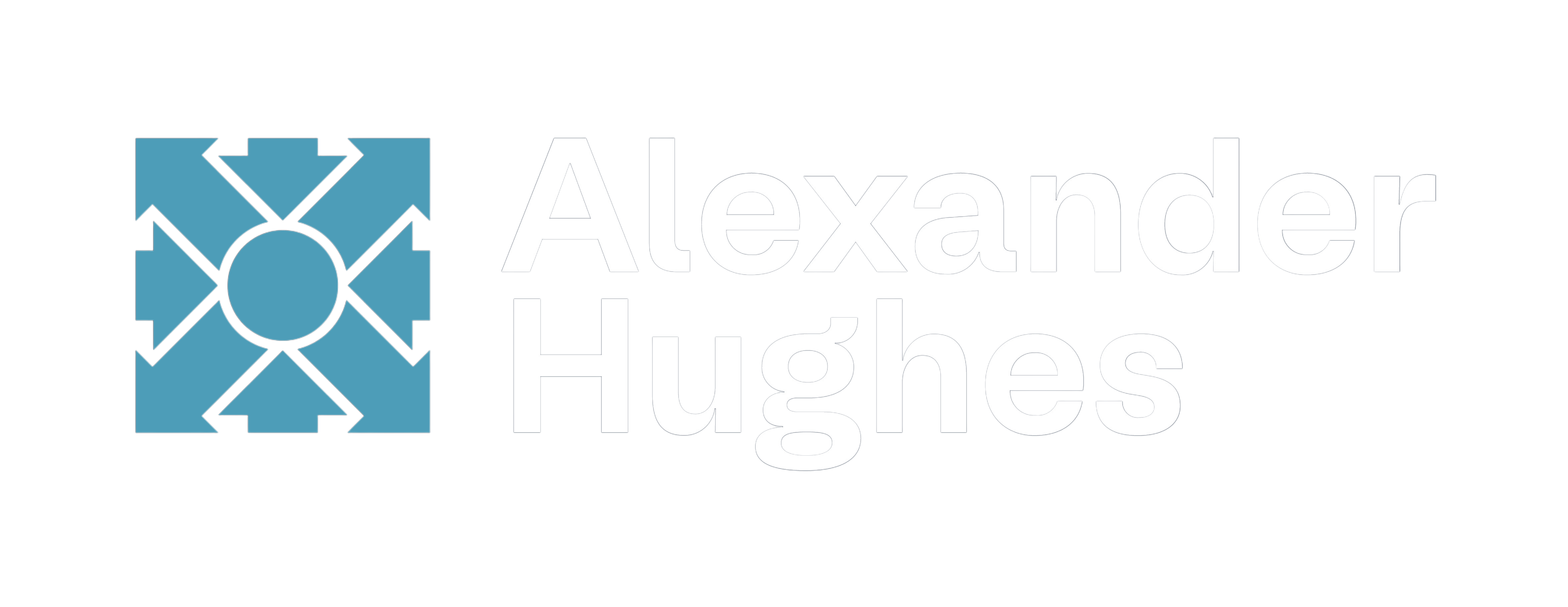European companies expanding into the US are facing more supply chain disruptions than ever before. In the wake of vulnerabilities exposed by the pandemic, as well as an unstable geo-political environment, the flow of goods and materials in the global supply chain remains significantly disrupted for European subsidiaries.
“Ongoing challenges with uncertain supply chains have affected French companies’ ability to source products,” says Myriam Le Cannellier, director and co-founder of DSML Executive Search. “Between changing hiring laws and uncertain supply chains, there has never been more pressure to manufacture, and subsequently hire, locally.”
To ensure they’re meeting customer demand and maintaining cost-efficiency, European subsidiaries expanding to the US must be careful to plan their next steps. Understanding supply chain challenges, as well as potential strategies, is an excellent way to prepare for unexpected pivots.
7 Supply Chain Challenges Facing European Subsidiaries Expanding to the US
There are seven distinct challenges facing European subsidiaries when expanding to the US, ranging from logistics and transportation issues to navigating complex regulations. By understanding timely issues and planning ahead, European firms may be better equipped to navigate the intricate maze of the changing supply chain.
Reshoring and Nearshoring
Many European companies reassessing their supply chain strategies are considering reshoring or nearshoring closer to the US market. This aims to reduce reliance on distant suppliers, minimize transportation costs, and ensure a more reliable supply of goods. There may be added pressure from some customers to produce locally as well.
As of 2022, approximately 10% of European companies considered nearshoring or reshoring their operations in the US. This suggests there may be greater competition for subsidiaries, as well as more competitive hiring environments for cross-cultural executives.
Supply Chain Diversification
Diversifying supply sources has become a priority for European companies looking to remain competitive in the marketplace. Studies show intelligent diversification can reduce global economic losses by almost half, meaning multiple vendors from multiple areas is a shrewd way to maintain business capital.
French companies may want to mitigate their risks in expanding to the US by identifying alternative suppliers, dual-sourcing critical components, and investing in supply chain resilience. Hiring cross-cultural executives for their supply chain team can also help them make informed decisions about wise investments.
Technological Solutions
More and more subsidiaries are employing advanced technologies like blockchain, artificial intelligence, and data analytics. Thanks to their ability to enhance supply chain visibility, traceability, and efficiency, these technologies can help French companies better predict and respond to disruptions.
Hiring US executives with a skill base in technology can help European executives bridge the gap more effectively. With more than 46% of supply chain executives citing an expected increase in AI investments, it may be wise to retain a skilled professional to lead your US supply chain system.
Environmental and Sustainability Concerns
Sustainability and environmental factors are increasingly important when making supply chain decisions. This is especially true for French companies, as the country remains number four on the Global Sustainability Index.
Many American subsidiaries of European companies are looking to maintain this momentum as they grow. Some companies are exploring ways to reduce their carbon footprint, including methods of adopting sustainable practices and aligning with the growing demand for eco-friendly products. It will become increasingly important to recruit Executives profiles who are able to navigate sustainability objectives.
Trade Regulations and Tariffs
Changes in trade regulations, especially under new administrations, can have significant implications for cross-border trade and supply chain decisions. This is especially true for European subsidiaries looking to expand into the US.
The US/EU trade agreement continues to offer one of the lowest average tariffs in the world. However, the US faces a major election within the next 12 months, which may significantly impact rates. Furthermore, changing trade policies and cross-border legalities may have a significant impact on operations. This underlines the need to hire an experienced executive to manage the US supply chain.
Logistics and Transportation Challenges
Many French companies are grappling with logistics and transportation challenges, including congestion at ports, labor shortages, and rising shipping costs. Transportation alone costs more than 10% in profits for the average US company, which greatly affects the efficiency and cost-effectiveness of subsidiaries looking to grow roots.
“The management of the supply chain team in the US is now more nuanced than ever,” Myriam says. “To remain competitive as a successful subsidiary, European companies must adapt to meet demands, particularly with the acquisition of American talent.”
E-commerce and Digital Transformation
The growth of e-commerce and digital transformation has also accelerated in a post-pandemic world. As of 2022, e-commerce sales (likely stemming from digital transformation) accounted for nearly one in five of all global sales — with no signs of slowing down.
“Positive digital transformation can lead to a 5% increase in market capitalization, while negative transformation can erode up to 9% of a company’s value.” Myriam says. ” Hiring an experienced executive with familiarity in US digital transformations may be a wise investment for long-term growth.”
Hiring a Resilient Team for an Uncertain Supply Chain
Supply chain disruptions and strategies for European companies expanding into the US is a complex and dynamic issue. It reflects the need for adaptability, resilience, and sustainability in a global business environment characterized by ongoing challenges and uncertainties.
Executives and decision-makers must closely monitor and adapt to these trends to ensure the success of their US expansion efforts. Sourcing and retaining the right executive talent can help to better ensure the success of your subsidiary and supply chain.
If you are interested in hiring a cross-cultural team to support your European subsidiary expanding to the US, you can contact the team at DSML Executive Search at +1 312 268 6166. We can speak more about the roles you wish to fill and outline a prospective roadmap for how we can work alongside your team.

